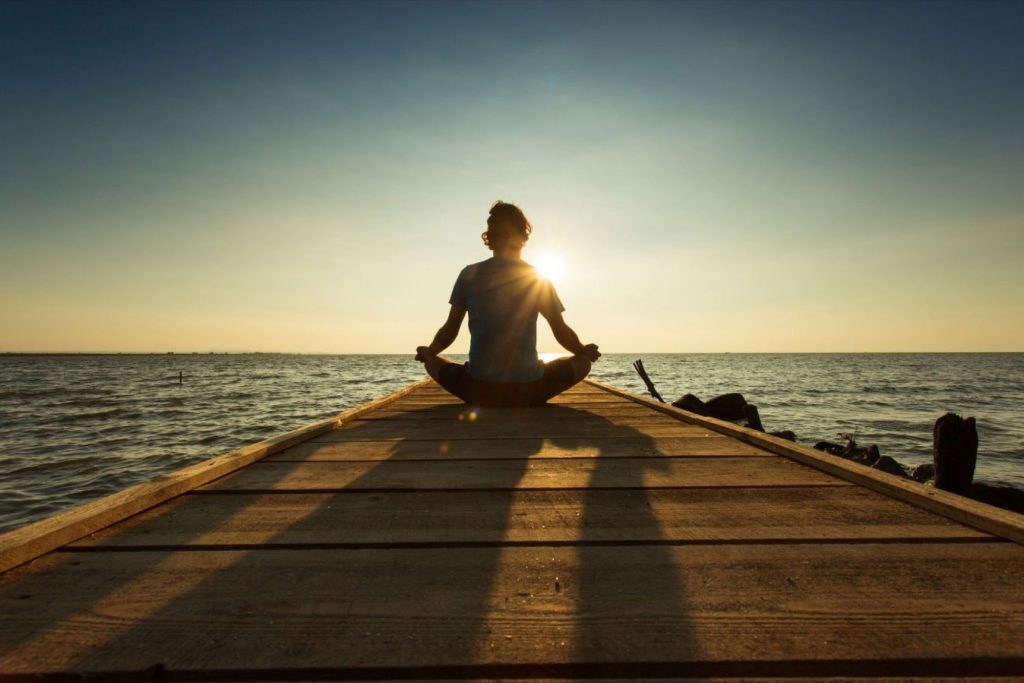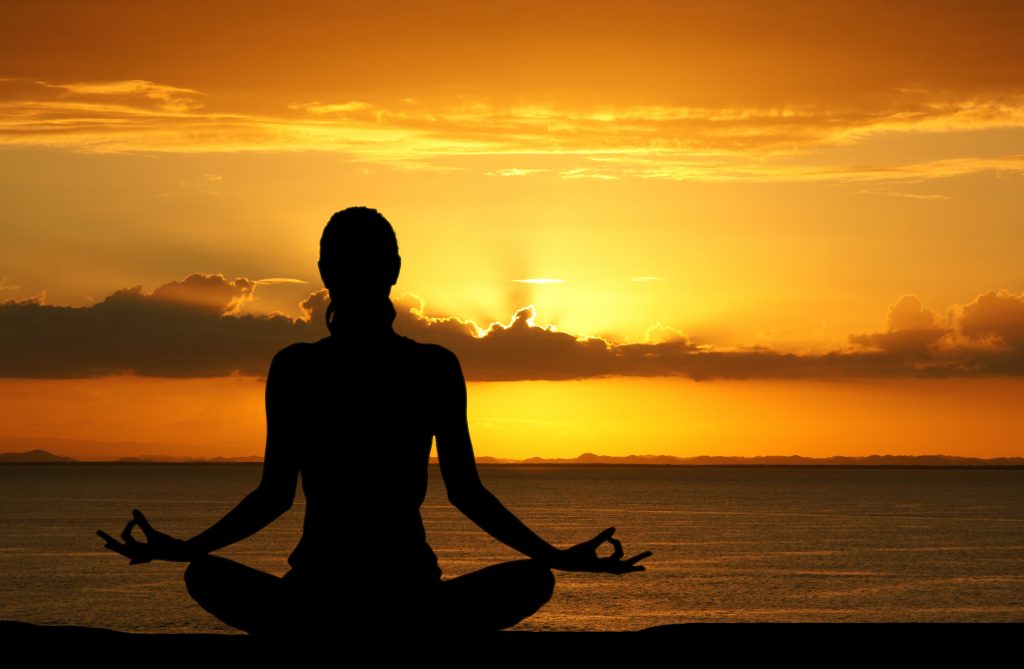For many people, the words “wellbeing” or “wellness” can elicit an inner groan – and we can see why this might be so! Wellness in our Instagram-filtered world can be thought of as something wishy-washy, indulgent and even self-centered, or the domain of a privileged few who have endless time and money on their hands. In this atmosphere, a variety of wellbeing myths have emerged.
It\’s these wellbeing myths which frame the pursuit of wellness as an exercise in lighting expensive scented candles, taking luxurious baths and enjoy long leisurely spa days – essentially a series of treats which can feel somewhat unattainable to those managing a tight budget and even tighter schedule.
However, as much as it may be understandable that this perception has arisen in our age of social media aesthetics and quick-fix healing, we think that at the heart of wellness is something truly important, which it’s vital people don’t miss out on.
Throughout our lives, we absorb messages which at best don’t serve us, and at worst can be truly toxic. Men are told that to even acknowledge their emotional world (and, by extension, truly understand themselves as a full being) is a form of weakness. To express anxiety or vulnerability has for a long time been seen as unacceptable for men, and this is an issue that we still need to do a lot of work on as a society.
Women, on the other hand, are told to prioritise the needs of others, and that they are unreliable witnesses to their own feelings and experiences – which is a key reason why research suggests women’s reports of pain and distress are taken less seriously by medical institutions. We can all internalise the message that hard work = moral worth, and that success must be quantified by numbers in a bank account. Also, it\’s important to remember that everyone lives with reverberations of their childhood, and that even the happiest youthful experiences include formative moments of sadness.
In this setting, the concepts of wellness and wellbeing can be a vital pushback – and most especially for groups who face oppression and discrimination. In the words of Audre Lorde, “Caring for myself is not self indulgent, it is self preservation, and that is an act of political warfare”.
Self care – whatever that looks like to you – and looking after your wellbeing is by no means a selfish or indulgent act, it is a key part of navigating the world around you in a way which protects your physical and emotional health. Wellbeing is unique to every person, and it’s often a long journey of unlearning bad messages and embracing new ones.
Meditation in particular is time we can dedicated to ourselves which is powerful way to overcome negative patterns which we unconsciously repeat throughout our lives, to our own detriment and sometimes to the detriment of the people around us. As a practice for personal development and increased self awareness, meditation gives us the tools to elevate ourselves and thrive, even in the face of profound challenges.

The Benefits of Beeja Meditation
- Reduce stress and anxiety
- Greater clarity and calm
- Increase focus
- Enhance relationships
- Sleep better
- Feel energised



